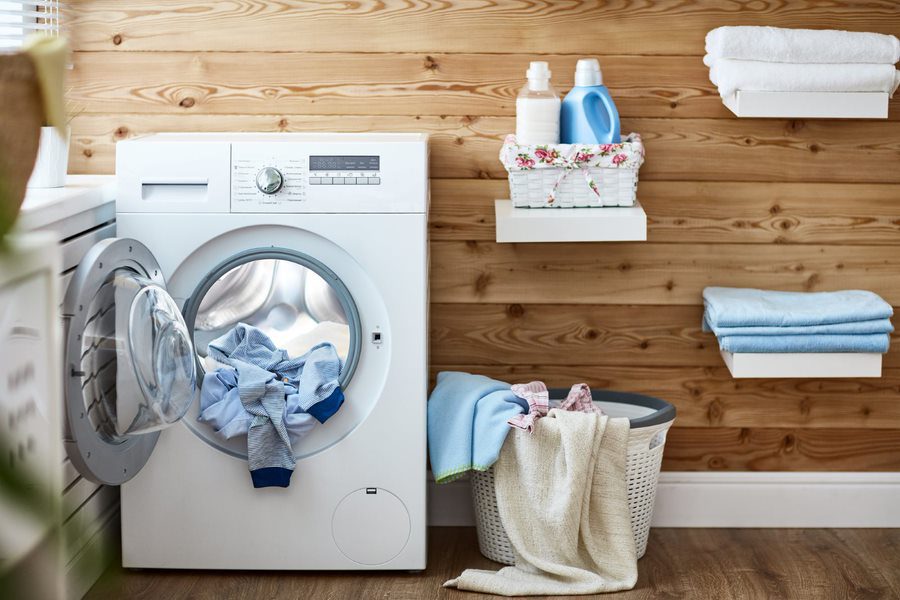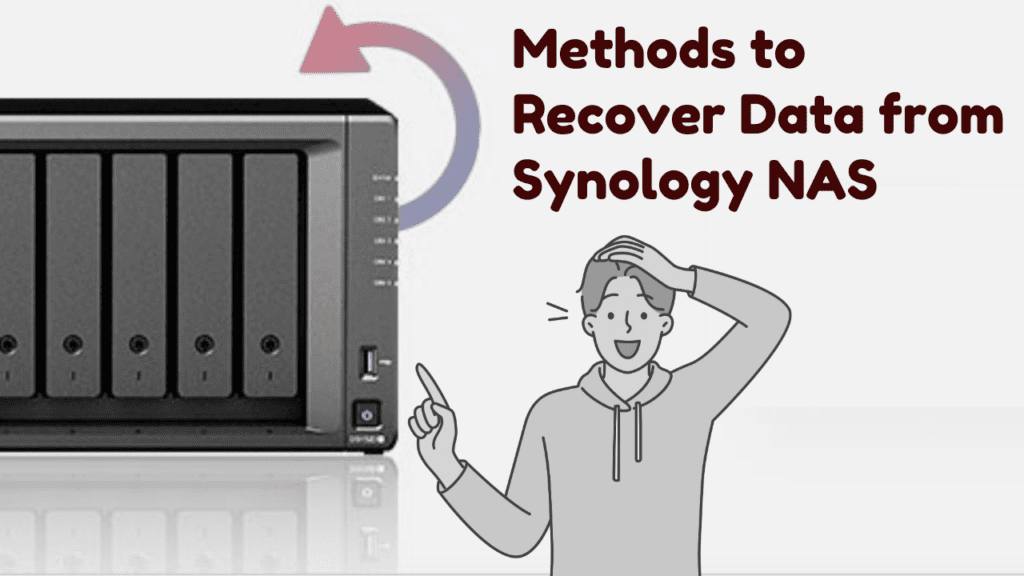Washing machines are indispensable appliances in modern homes, offering unmatched convenience and saving significant time on laundry tasks. However, like all electronic devices, washing machines can experience issues that interrupt their normal operation. This comprehensive guide highlights seven of the most common washing machine problems and provides effective troubleshooting tips to help you quickly identify and resolve them. With these practical solutions, you can maintain your washer’s performance and extend its lifespan.
1. The Washing Machine Isn’t Spinning
A common issue is when the washing machine drum stops spinning, which can be caused by an overloaded drum, unevenly distributed laundry, or mechanical and electrical failures such as a defective lid switch or a malfunctioning drive motor.
How to Fix: Always avoid overloading and redistribute clothes evenly within the drum. If the problem persists, inspect the lid switch for faults. Because repairs involving the motor or electrical components can be complex, it’s best to contact a certified technician for a safe and accurate diagnosis.
2. The Washing Machine Is Leaking
Leaks can cause water damage and pose safety hazards. They often stem from loose or damaged hose connections, cracked water hoses, or worn door seals.
How to Fix: Check all hoses and clamps for damage or looseness, tightening or replacing them as necessary. Inspect the door gasket for tears or signs of wear and replace it if faulty. For major leaks or uncertainty, consider professional help to avoid exacerbating the issue.
3. Excessive Noise or Vibrations
Loud noises or vibrations during washing cycles usually indicate unbalanced loads, an uneven surface, or worn internal parts such as drum bearings or the motor.
How to Fix: Redistribute laundry to balance the load and ensure the washing machine stands evenly by adjusting its feet. If noise continues, worn bearings or motor components may require professional repair. For detailed guidance, refer to professional washing machine repair services.
4. The Washing Machine Doesn’t Start
If your washing machine won’t start, possible reasons include power supply issues (such as tripped breakers or faulty outlets), damaged power cords, or malfunctioning internal components like timers or door locks.
How to Fix: Verify the power source and reset any tripped breakers. Inspect the power cord for visible damage. If the electrical system is intact, internal faults likely require a qualified technician to diagnose and repair safely.
5. Washing Machine Not Draining Properly
When clothes come out excessively wet, it’s usually due to drainage problems caused by clogged drain hoses or a faulty drain pump.
How to Fix: Examine the drain hose for blockages and remove debris if present. If the drain pump is defective, professional service may be needed to replace or repair it for proper drainage.
6. Unpleasant Smells from the Machine
Foul odors typically result from mold and mildew buildup inside the drum or detergent compartments due to trapped moisture.
How to Fix: Perform a monthly maintenance wash using a washing machine cleaner or a cup of white vinegar in hot water to eliminate bacteria and mold. Always leave the door open after use to allow thorough drying and prevent moisture accumulation.
7. The Washing Machine Stops Mid-Cycle
A washer that stops unexpectedly during a cycle may be overheating, have faulty door locks, or suffer from control board malfunctions.
How to Fix: Allow the machine to cool if overheating is suspected. Inspect the door lock mechanism and replace it if damaged. For electronic or programming issues, consult washing machine repair professional or seek professional technician support.
In Conclusion
While washing machines are built for durability, they can develop common problems over time. Many issues can be easily resolved through basic troubleshooting or professional repairs. Understanding these typical malfunctions empowers you to maintain your washing machine effectively, ensuring reliable performance and longevity.
Interested in learning more about washing machine maintenance and repairs? Visit our HOME IMPROVEMENT category for expert advice, how-to guides, and valuable resources.
Frequently Asked Questions (FAQs)
To prevent unpleasant smells, run a hot water cleaning cycle monthly using a specialized washing machine cleaner or natural alternatives like white vinegar. After each cycle, keep the door open to allow airflow and keep moisture from accumulating inside the drum and detergent dispenser.
Begin by redistributing the laundry evenly and reducing load size. Check that the door or lid securely closes. Inspect accessible components such as the lid switch or drive belt. If the machine still doesn’t spin, contact a professional technician for a thorough inspection.
Minor leaks caused by loose hose clamps or cracked hoses can often be fixed by tightening connections or replacing hoses. However, leaks coming from internal seals or components typically require professional assessment to ensure safe and effective repairs.
Common reasons include overheating, power supply interruptions, or faulty door locks. Try letting the machine cool down, check your power source, and verify the door lock is secure. For persistent problems, seek expert repair services.
Regular preventative maintenance includes cleaning filters and checking hoses every 6 months. Scheduling a professional service annually ensures internal components are inspected and serviced, optimizing machine longevity and performance.
If you experience persistent leaks, strange noises despite load balancing, failure to start after basic troubleshooting, or recurring mid-cycle stops, it’s advisable to consult a certified repair technician to prevent further damage.
To maximize your washing machine’s lifespan, avoid overloading, use correct detergent types and amounts, perform regular cleaning cycles, and promptly address issues. Routine maintenance and timely repairs go a long way in ensuring durability.



